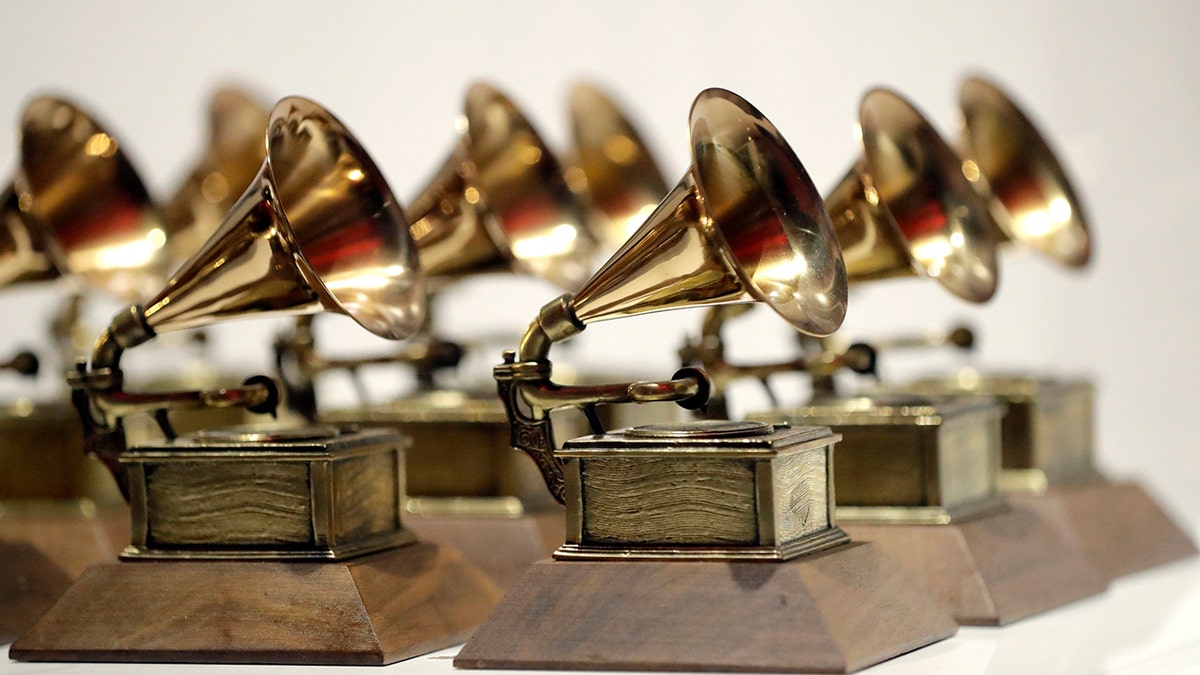The recent surge in popularity of Luke Combs' rendition of Tracy Chapman's classic "Fast Car" has ignited a complex discussion about race and representation within the country music scene. Combs' version topped the Billboard Country Airplay chart, a feat that has prompted reflection on the potential disparities faced by Black artists, particularly Black queer women like Chapman, in achieving similar recognition within the genre.

While the resurgence of "Fast Car" introduces Chapman's work to a new generation, some voices, including members of the Black Opry, a collective of Black country music artists and enthusiasts, have expressed mixed feelings. They acknowledge Combs' talent and the positive influence of a Black queer artist on his work, but also point to the systemic challenges that might have prevented Chapman from reaching the same level of country music stardom on her own.
This perspective highlights the potential hurdles faced by Black artists in a genre historically dominated by white performers. Some argue that Combs' success with the cover underscores the ease with which Black art can gain wider acceptance when presented by a white artist. This viewpoint has sparked debate and criticism, with some accusing those raising these concerns of diminishing Chapman's original accomplishments and unnecessarily injecting race into the conversation.

Critics have pointed to Chapman's significant achievements with "Fast Car" in the late 1980s, including Grammy nominations and substantial record sales, as evidence of her widespread recognition and success. They argue that her accomplishments predate current diversity and inclusion discussions and that her talent and the song's merit propelled her to stardom. Some also note that Chapman herself has expressed gratitude for Combs' success and the renewed interest in her work.

Despite the controversy, Chapman's achievement as the first Black woman with a solo writing credit on a No. 1 country song remains a significant milestone.
Comments(0)
Top Comments